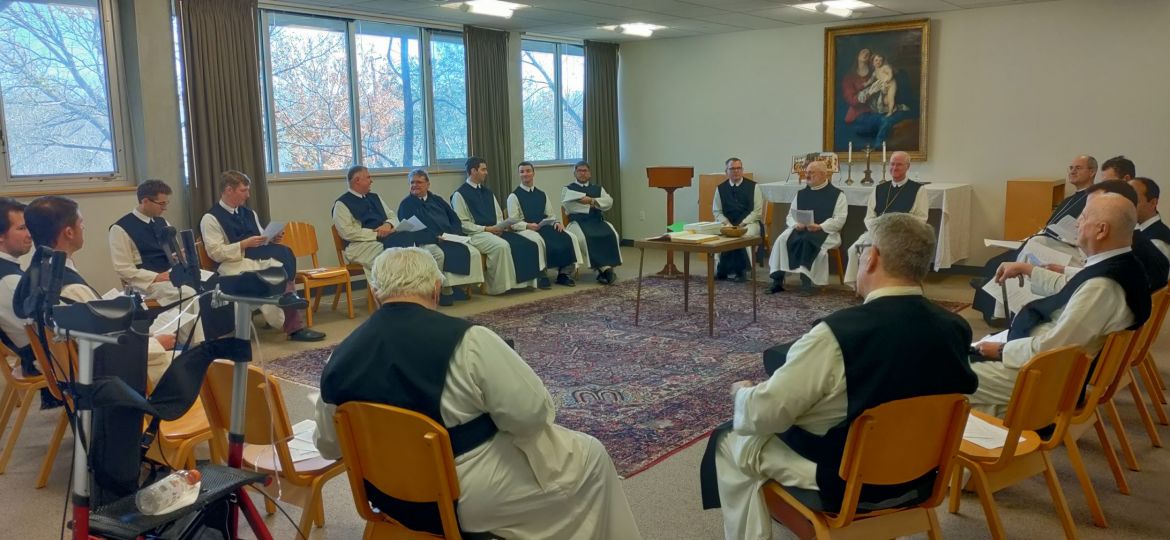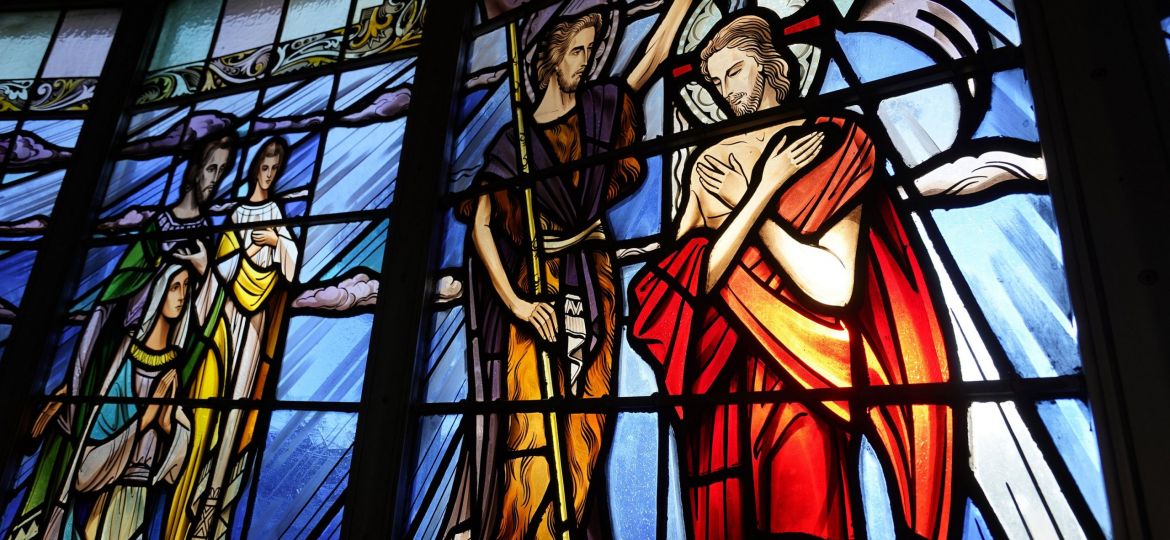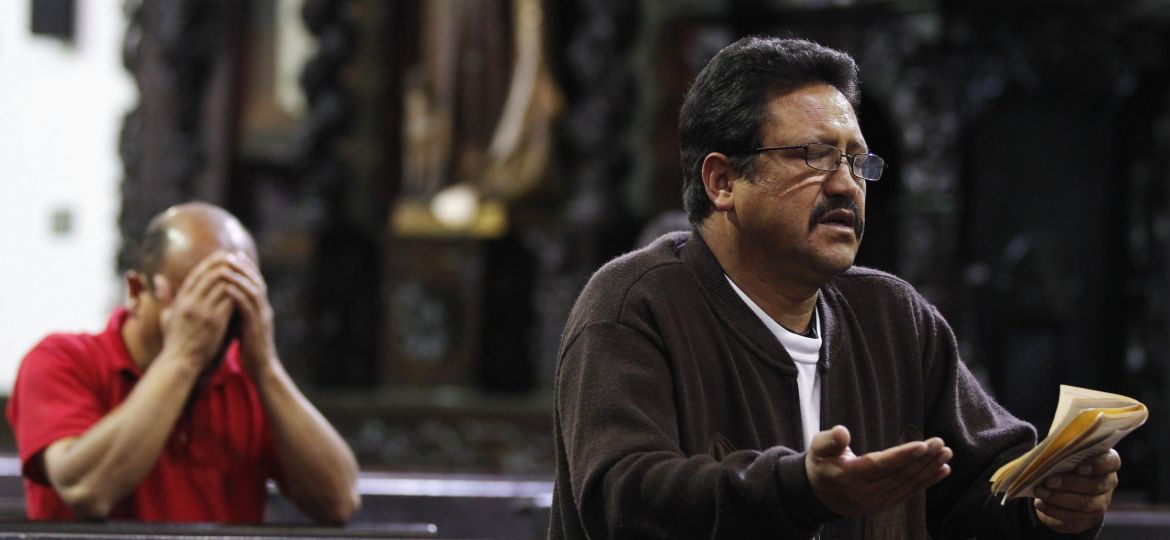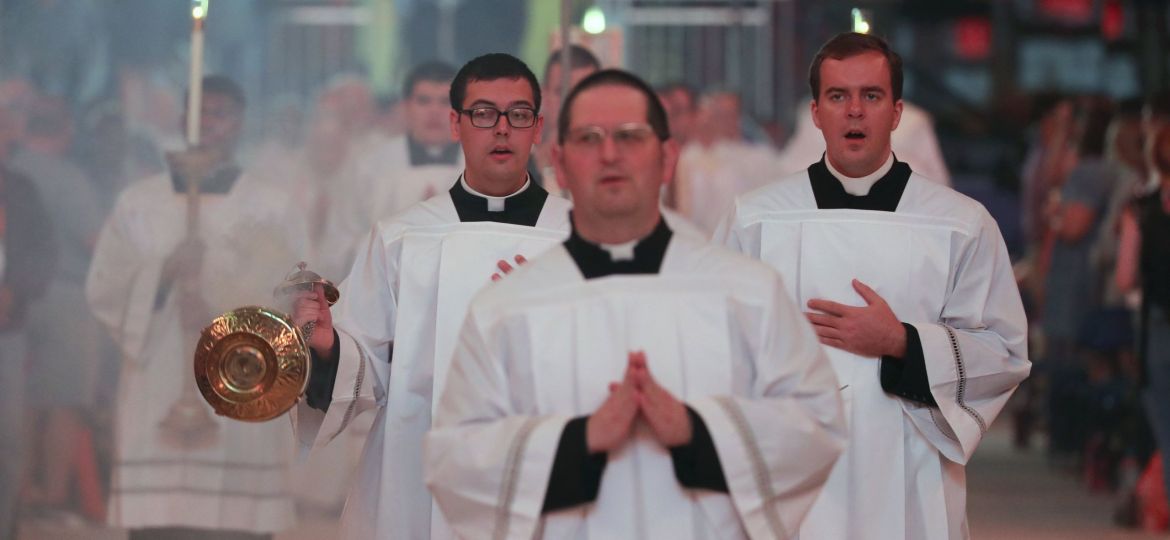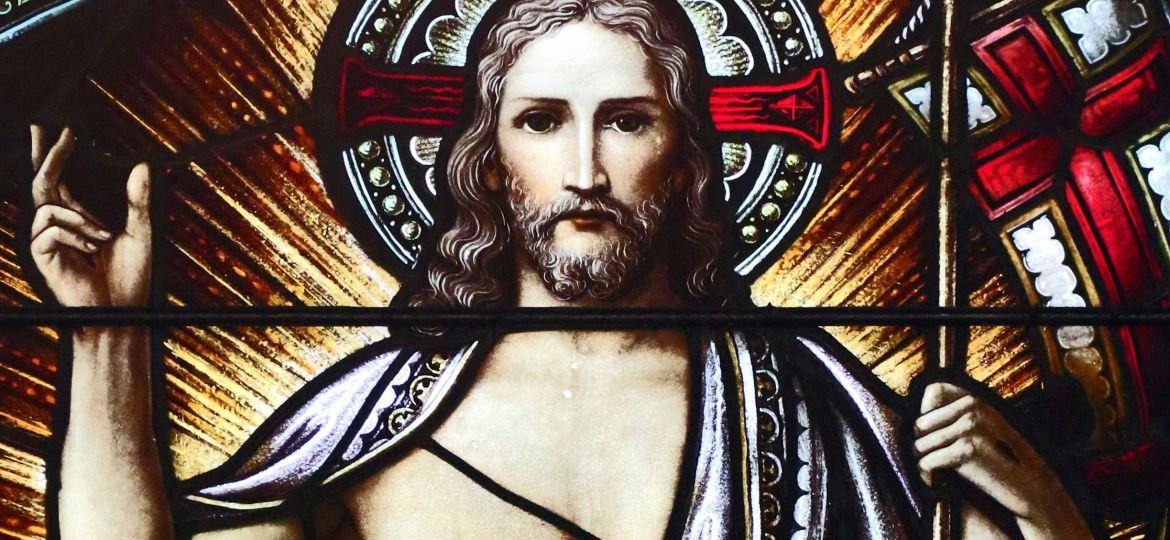I recently read a book about discernment and the spiritual life that I’d recommend to just about anyone but especially to the young: Stacey Sumereau, “Adventure Awaits: How to Interpret Your Desires and Hear God’s Voice” (Ave Maria Press, 2025). It is short and divided into bite-sized sections filled with stories, explanations, and spiritual exercises. It is written in a friendly style and rooted in Catholic faith.
Gambling is growing in our country — and quickly. My impression is that we have work to do to be informed about what is happening and to let ourselves be formed by what the Church teaches, lest so much happen without the constructive engagement of Catholics and of anyone else concerned about social justice.
One of the most important rooms in a monastery, after the church, is the chapter room. This is the place where monks meet to do various things as a community: hear an exhortation from their abbot; listen to a spiritual reading (often a chapter from “The Rule of St. Benedict”); deliberate and vote on the important material and spiritual questions that arise in a monastery, such as who should be the abbot, whether to welcome a young monk as a permanent member of the community through solemn profession, and how best to structure their lives to promote God’s purpose.
The death of John the Baptist is a chilling story for multiple reasons. It is a story about the fury of Herodias, who hated John so much for speaking the truth about marriage that she manipulated Herod, her would-be husband, into murdering him. It is also a story about the weakness of Herod, who just waited too long to do what he knew was right – to the point that doing the right thing required a sacrifice he felt incapable of making.
Technology is everywhere. There seems to be a gadget or app for everything. Computers for calculating; engines for ease; chemicals for control — is there any aspect of our lives untouched by instruments and processes?
As another election concludes, Catholics should remember we are responsible for helping to unify our country. One way to do that is to announce together the Church’s prophetic call to both parties.
What is a man? That’s a wonderful question that seems difficult to raise without provoking strong reactions. On the one hand, there are polarizing responses whose proponents seem almost to enjoy being maligned, since the hostility they experience enhances their self-image as gutsy truthtellers. On the other hand, there are also anxious responses that compulsively censor or deconstruct every effort to define masculinity, lest they or anyone in their in-group feel lacking and called to grow.
By Father John Bayer, O. Cist. Special to The Texas Catholic Last month, 60,000 Catholics gathered in Indianapolis for the…
At Cistercian, we had an incredible view of the total eclipse on April 8. After weeks of wondering whether the weather forecast would prove true – total cloud cover and even rain – we excitedly noticed the sun piercing through the clouds just as the school was processing to the abbey to celebrate the Solemnity of the Annunciation. Clouds continued to diminish during Mass, and afterward we walked with gratitude to the football field to await totality.
Lent is a season dedicated to conversion. It is a period of self-reflection, resolution, and anticipation. We must change our ways and grow. Easter is dedicated to celebrating the revelation of God’s infinite mercy, the new life and grace He showers upon us as He forgives us all our sins, heals all our infirmities, and even enables us to pass through death to share in His divine love forever.



